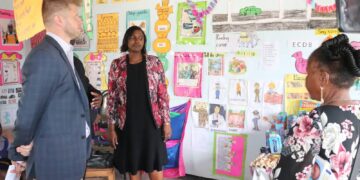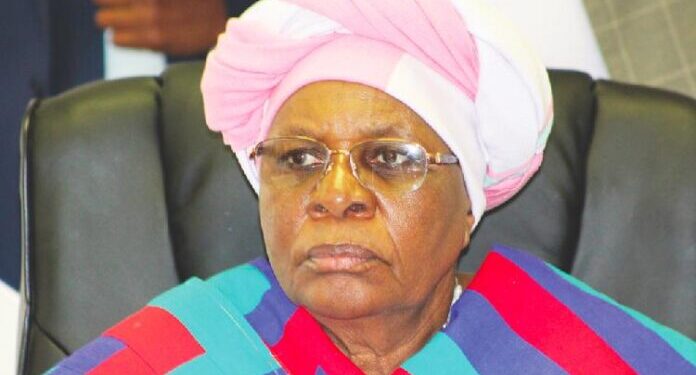Netumbo Nandi-Ndaitwah has shattered barriers to become Namibia’s first female president, a monumental achievement for gender equality and leadership in Africa.
Her victory, secured with 57% of the vote, offers profound lessons for education systems worldwide about the importance of empowering women and fostering inclusive leadership.
As an educator, this historic moment underscores the need to inspire young girls to pursue leadership roles and equip all students with the skills to critically engage with democratic processes.
Here’s why this matters:
???? Representation Matters: Nandi-Ndaitwah’s leadership journey from her roots in Namibia’s independence movement to becoming president serves as a powerful example of what is possible when women are given opportunities. Schools must highlight such role models to inspire future leaders.
???? Fostering Democratic Values: Namibia’s election process, despite challenges, is an important case study for students. Educators can use this as an example to teach about civic engagement, election integrity, and the power of the ballot in shaping governance.
???? Focus on Gender Equality: As educators, we must actively break down gender biases in the classroom and encourage equal participation in leadership, debate, and other critical areas of school life.
While the election has faced scrutiny over alleged irregularities, this does not overshadow the broader significance of Nandi-Ndaitwah’s achievement.
Her victory is a call to action for us all to build inclusive education systems that prepare students—especially young women—to take on the world’s biggest challenges.


















































































 EduTimes Africa, a product of Education Times Africa, is a magazine publication that aims to lend its support to close the yawning gap in Africa's educational development.
EduTimes Africa, a product of Education Times Africa, is a magazine publication that aims to lend its support to close the yawning gap in Africa's educational development.